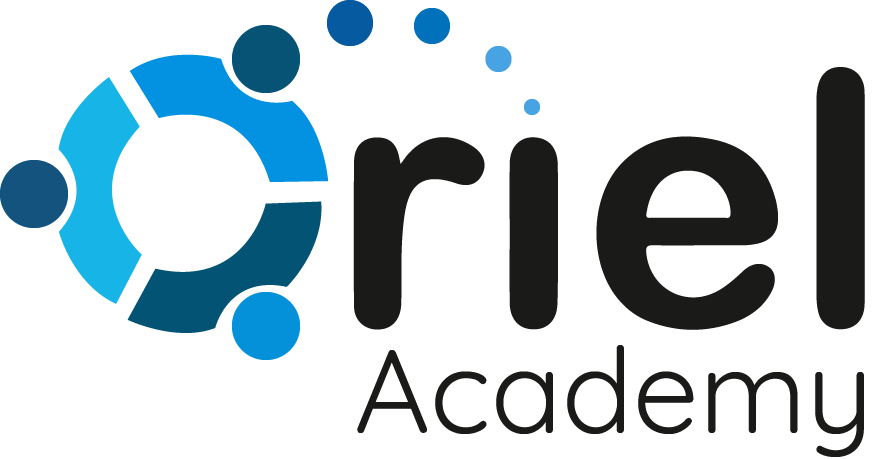Conflict at work is inevitable. Whether it’s a disagreement over a deadline, clashing ideas in a brainstorming session, or miscommunication in emails, workplace tensions can arise in any organization. But here’s the good news: conflicts don’t have to lead to chaos. With the right soft skills, you can manage—and even prevent—conflicts effectively.
In this blog, we’ll explore how soft skills can be your secret weapon to handle workplace conflicts professionally, keeping the team spirit alive and the workflow smooth.
What Are Soft Skills?
Soft skills are personal attributes that help you interact harmoniously with others. Unlike technical or “hard” skills, soft skills are more about communication, emotional intelligence, adaptability, empathy, and teamwork. When it comes to conflict management, soft skills play a major role in helping you listen, respond, and resolve issues without creating further friction.
Common Causes of Workplace Conflict
Before we dive into how to resolve conflicts, it helps to understand where they typically come from:
- Poor communication
- Misaligned goals or priorities
- Differences in working styles
- Unclear roles and responsibilities
- Stress or burnout
- Cultural or generational differences
Knowing the root cause of a conflict can help you choose the right approach to resolve it.
How Soft Skills Help Manage Workplace Conflicts
1. Active Listening
Sometimes, people just want to be heard. Active listening means giving your full attention to the speaker, without interrupting or preparing your reply while they talk. It involves:
- Maintaining eye contact
- Nodding or giving verbal cues
- Asking clarifying questions
- Reflecting back what the person has said
Tip: The next time a colleague is venting, instead of jumping in with advice, just listen. Often, that alone diffuses tension.
2. Empathy
Empathy is the ability to put yourself in someone else’s shoes. When you empathize with a colleague, you begin to understand their feelings and motivations, which can shift the tone of a conflict from confrontational to collaborative.
Tip: Try saying, “I understand this must be frustrating for you,” to acknowledge their emotions before offering a solution.
3. Clear and Respectful Communication
Miscommunication is one of the biggest triggers for conflict. Using clear, polite, and non-judgmental language can make all the difference.
- Avoid blame-focused phrases like “You never…” or “You always…”
- Use “I” statements instead: “I felt concerned when the deadline was missed.”
- Maintain a calm and respectful tone
Tip: Use emails for documentation, but sensitive issues are best addressed face-to-face or via video calls to avoid misunderstandings.
4. Emotional Intelligence (EQ)
Emotional intelligence is your ability to understand, manage, and express your emotions in a constructive way—and to navigate others’ emotions, too.
A person with high EQ can:
- Stay calm under pressure
- Recognize their triggers
- Respond instead of react
- Build trust in difficult conversations
Tip: Practice self-awareness by pausing before reacting. Take a breath and choose your words carefully.
5. Problem-Solving Skills
Conflict resolution isn’t just about calming people down—it’s also about finding win-win solutions. Strong problem-solving skills help you:
- Identify the root issue
- Explore options
- Collaborate on solutions
- Follow up to ensure the issue doesn’t resurface
Tip: Instead of focusing on who’s right or wrong, focus on what can be done to fix the situation and move forward.
6. Adaptability and Open-Mindedness
Not every conflict has a black-and-white solution. Being flexible in your approach and open to feedback shows maturity and helps in faster resolution.
Tip: If a process or method isn’t working, be open to trying a different one—even if it’s not your first choice.
Final Thoughts
Conflicts at work don’t have to lead to negativity or resentment. In fact, when managed properly using soft skills, they can strengthen relationships, improve business communication, and foster innovation.
So next time tension rises at work, remember to pause, listen, and lead with empathy. Soft skills may not be listed in your job description, but they can take your professional growth—and your team’s success—to the next level.
Ready to Strengthen Your Workplace Communication?
Whether you’re an employee looking to grow or a manager aiming to build a positive team culture, developing your soft skills is the key. Explore our soft skill training programs and turn workplace conflicts into opportunities for growth. For more info visit our website https://orielacademy.com/





